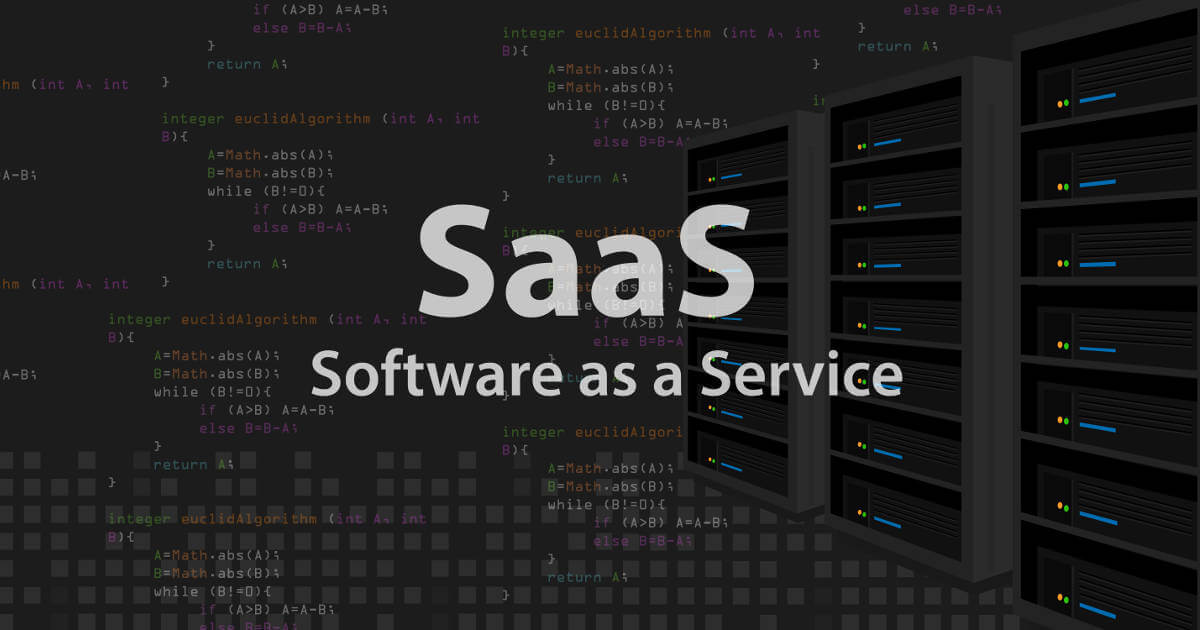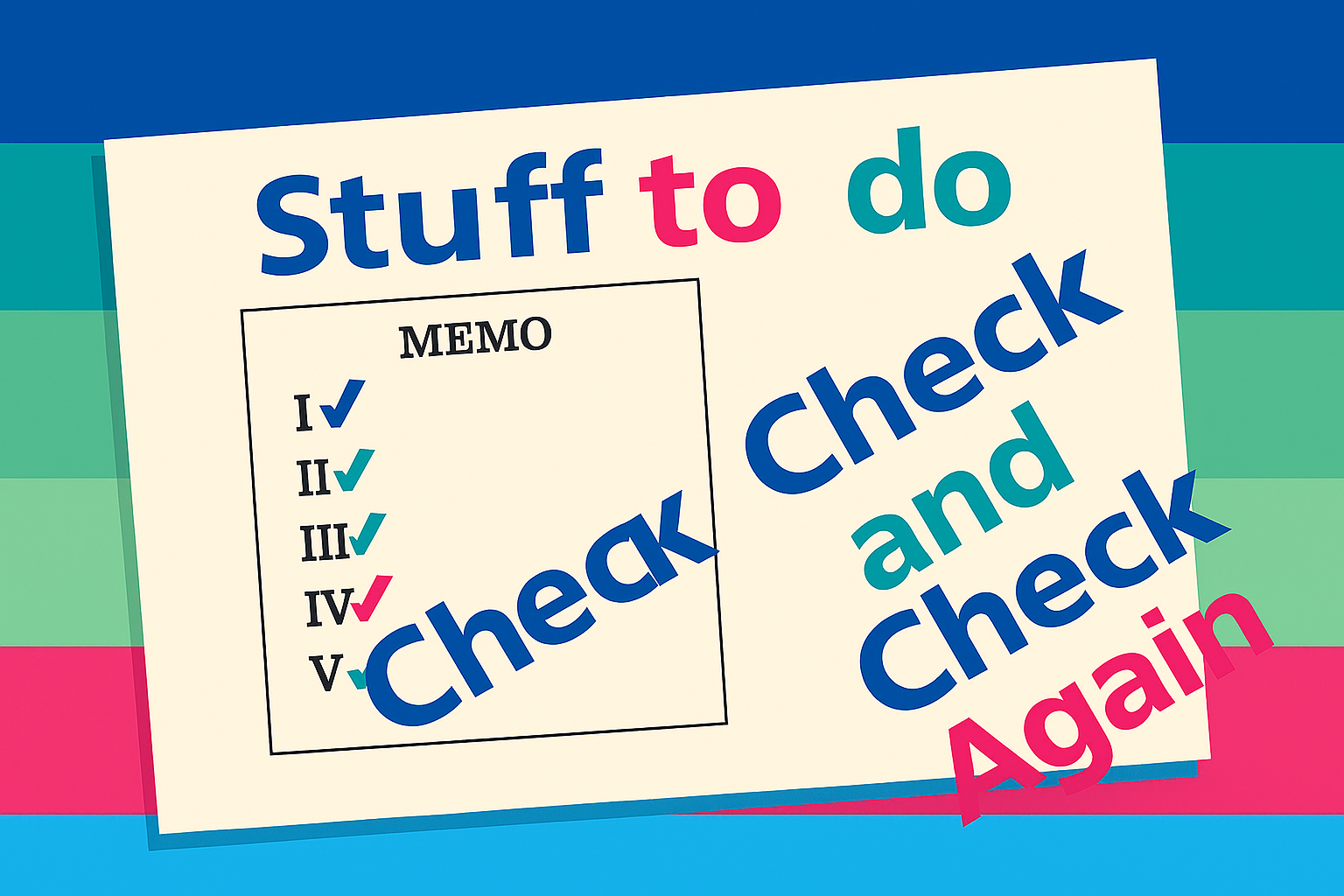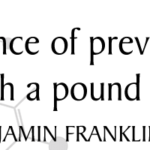For those of you who missed part one, please click here.
I am diving right in.
5. Customer Support. For software companies, there is a delicate balance to be struck the amount of customer support and the pricing for customer support. Smart software companies have already decided these issues well before customer outreach starts. Customers correctly place uptime for cloud-based software at the top of their lists, which is then followed by response time, customization (including whether there is integration with other software), and pre- and post-training of employees. Although cost of support must be considered, ensuring the software and, therefore, your company are operating must be your primary concern–this is not a place to penny pinch.
6. Intellectual Property and Data Ownership. Software companies and their customers must understand the ownership, type, and quantity of data at issue. Duh. These facts govern a wide array of issues ranging from security protection to reliance on third party software vendors to the ability to restrict access by employees and customers. Intellectual property concerns are also governed primarily by who owns the intellectual property and what is the type of intellectual property being protected. Customers must insist that any work performed or stored on the software platform never changes possession.
7. Insurance. Adequate limits and protection are everchanging in the insurance industry. Both parties should request updates and check-ins with their insurers or insurance brokers semi-annually in addition to their annual policy renewals. Why? Because both parties must assume a data breach or other calamity will happen. Software companies ensure all types of potential customers are covered for adequate amounts. Ideally, the software company obtains the right to unilaterally amend the SaaS agreement as it deems reasonably necessary. Customers must first focus on determining what the actual risks are. Then customers can ask for additional coverage such as technology E&O insurance.
Heaven forbid the software provider and customer agree to jointly pay for insurance if necessary,
The exciting conclusion to this series is coming shortly.
David Seidman is the principal and founder of Seidman Law Group, LLC. He serves as outside general counsel for companies, which requires him to consider a diverse range of corporate, dispute resolution and avoidance, contract drafting and negotiation, and other issues. He can be reached at david@seidmanlawgroup.com or 312-399-7390.
This blog post is not legal advice. Please consult an experienced attorney to assist with your legal issues.














